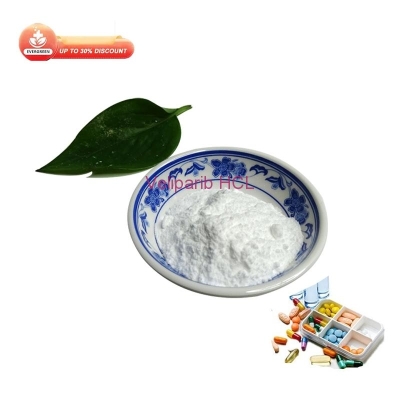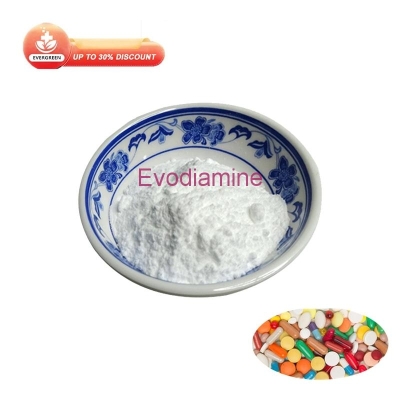-
Categories
-
Pharmaceutical Intermediates
-
Active Pharmaceutical Ingredients
-
Food Additives
- Industrial Coatings
- Agrochemicals
- Dyes and Pigments
- Surfactant
- Flavors and Fragrances
- Chemical Reagents
- Catalyst and Auxiliary
- Natural Products
- Inorganic Chemistry
-
Organic Chemistry
-
Biochemical Engineering
- Analytical Chemistry
- Cosmetic Ingredient
-
Pharmaceutical Intermediates
Promotion
ECHEMI Mall
Wholesale
Weekly Price
Exhibition
News
-
Trade Service
Introduction: Compared with the HRQOL reported by the general population and other common cancer patients, the HRQOL of bladder cancer patients is worse.
In 2018, Pixabay.
com had 500,000 newly diagnosed bladder cancer (BC) cases worldwide.
BC includes a series of disease progression, from painless non-muscle invasive BC (NMIBC) to radical surgery, radiotherapy (RT) and invasive muscle invasive bladder cancer (MIBC).
The life expectancy of patients varies with coexisting diseases.
Among the three key issues that cancer patients care about (survival rate, nursing experience, and future quality of life), there is a major gap in the understanding of health-related quality of life (HRQOL).
Most HRQOL reports are focused on MIBC survivors, because radical cystectomy (RC) or radical radiotherapy can affect urine, bowel, sexual function, and body image.
Defects in physical activity and emotional function in social interactions have been described, but little is known about the HRQOL after NMIBC diagnosis, the long-term prognosis of BC, and the comparison of these patients with other cancer patients.
To determine this, a researcher conducted a cross-sectional survey covering 10% of the British population.
The main goal of the study is to determine at the population level the HRQOL of individuals diagnosed with or exceeding BC in the past 10 years.
The secondary goal is to compare this HRQOL with the HRQOL of other pelvic cancer patients and the general population.
The results of the study were recently published in the journal European Urology.
The researchers used the National Cancer Registry data to identify participants 1-10 years after the diagnosis of bladder cancer.
The level 5 EQ-5D (EQ-5D-5l) and the European Organization for Cancer Research and Treatment Quality of Life Questionnaire (EORTC QLQ)-C30 were used to determine general HRQOL.
Bladder cancer specific results are from EORTC QLQ-BLM30 and EORTC QLQ-NMIBC24.
HRQOL used the EQ-5D-5L questionnaire to complete a total of 1796 questionnaires (response rate of 55%), including 868 (48%) patients with non-muscle invasive bladder cancer, and 893 (50%) receiving radiotherapy or radical cystectomy Patients with surgery, and 35 patients (1.
9%) with unknown treatment.
The majority (69%) of participants had at least one problem in any EQ-5D dimension.
The general age/gender adjusted HRQOL results are similar in all stages and treatment groups, and the problems increase with age and long-term conditions.
Sexual problems are common in men and increase with decreasing age and increasing radical treatment.
Younger participants (under 65) reported more financial difficulties than participants over 85.
The HRQOL of BC patients was significantly lower than that of colorectal cancer, prostate cancer and the general population (51%[95%CI:48 53], both p<0.
05).
The results of the study suggest that long-term overall HRQOL is significantly related to differences in patient age and LTCs, rather than treatment type, disease stage, or time after diagnosis.
This important observation has direct clinical significance for treatment decisions.
In this process, it is important to understand two different levels of treatment and make a trade-off (overall survival rate and quality of life).
Secondly, the intensity of treatment and multiple treatment methods seem to have nothing to do with the adverse results of HRQOL (including general symptoms and treatment-specific symptoms).
For example, subjects who received transurethral resection of bladder tumor (TURBT) alone or TURBT combined with bladder perfusion therapy had similar urinary system symptoms and sexual function scores.
Subjects receiving RC alone or RC combined with systemic chemotherapy had similar function and symptom scores in all areas (including fatigue and gastrointestinal symptoms).
Third, some of the questions that scored the highest were male sexual function.
The score varies according to age, LTCs and treatment, which indicates that it is caused by multiple factors.
Participants receive RC or RT treatment, which directly affects erectile ability and ejaculation (and female vagina length).
In short, compared with the HRQOL reported by the general population and other common cancer patients, the HRQOL of bladder cancer patients is worse, and it seems that it has nothing to do with the treatment and the stage of the disease.
Overall, these data provide reliable evidence for clinicians and patients to consider multi-modal treatment options, and prove that treatment options based on symptoms, patient preferences, and survival rates are reasonable.
References: Catto J, Downing A, Mason S, et al.
Quality of life after bladder cancer: A cross-sectional survey of patient-reported outcomes[J].
European Urology, 2021.
DOI:https://doi.
org /10.
1016/j.
eururo.
2021.
01.
032







